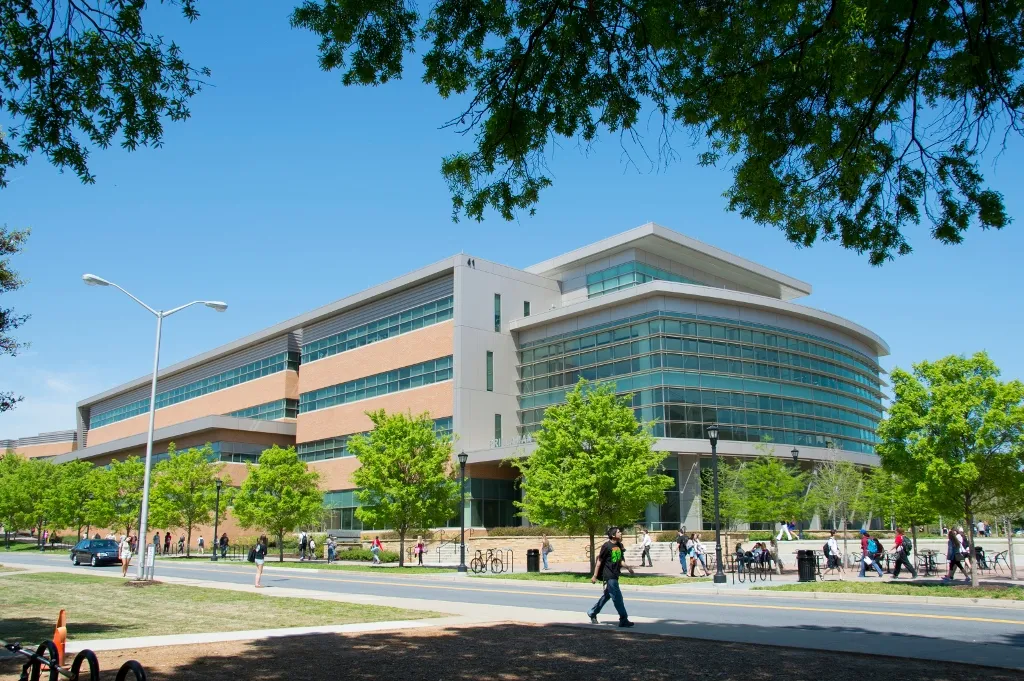Inflammation
You must be wondering what is inflammation. Inflammation is a response triggered by damages to the living tissues.The inflammatory response is targeted to be a defense mechanism that evolved in some higher organisms for protecting them from injury and infection.

Overview
You must be wondering what is inflammation. Inflammation is a response triggered by damages to the living tissues. The inflammatory response is targeted to be a defense mechanism that evolved in some higher organisms for protecting them from injury and infection. The main purpose is to localize and then eliminate injurious agents and removing the damaged tissue components to help the bodies to start to heal. Here, the responses comprise of changes in the present blood flow, increase in blood vessel permeability, proteins, migration of the fluid, and the white blood cells from circulating to the tissue damaged sites. If the inflammation lasts for just a few days, it is called acute inflammation. But, if the response is for a longer time, it is called chronic inflammation.
Symptoms
There are mainly four cardinal signs of inflammation that you need to focus on if you want to visit the doctor on time. Those are heat, redness, pain, and swelling.
- Redness is primarily caused by dilation of the smaller blood vessels in the area of injuries.
- Heat is another sign of acute inflammation, which results from the increased blood flow throughout the area and experienced just in the peripheral parts of the body, like the skin. Some of the chemical mediators of inflammation can result in fever and contributes to a rise in temperature along with the injury.
- Swelling is also known as edema. It is caused mainly by the accumulation of fluids right outside the blood vessels. Learning about these symptoms of inflammation is really important to take proper measures on time.
- The pain related to inflammation results from the distortion of the tissues, as caused by edema. It is also well induced by some chemical mediators of the inflammation like serotonin, bradykinin, and prostaglandins.
Causes
Whether eye inflammation or any kind of inflammation, it is better to call a doctor right away. Inflammation takes place when the physical factor triggers an immune reaction. It does not always mean that there is an infection. But, sometimes, infections can cause inflammation.
- Acute inflammation:
Acute inflammation can be the result of an injury, exposure to a substance like dust or bee sting, or an infection. When the body gets damaged due to any of the mentioned causes, then the tissues will accumulate plasma protein, leading to fluid buildup, resulting in swelling. The body will also release neutrophils, which will move towards the affected areas. Smaller blood vessels will then enlarge to enable the plasma proteins to reach the injury site easily.
You can see the signs of acute inflammation within hours or days, based on the cause. In some instances, it can turn towards the worst quite rapidly. Some infections and factors leading to acute inflammation are ingrown toenails, acute bronchitis, appendicitis, sore throat from flu or cold and physical wound or trauma
- Chronic inflammation:
Much like acute inflammation and granulomatous inflammation, you have chronic inflammation as well. It will develop if the person has hypersensitivity to trigger an allergy, exposure to an irritant like industrial chemicals, autoimmune disorders when the immune systems attack healthy tissues mistakenly, and auto-inflammatory diseases. Chronic inflammation can also take place because of persistent acute inflammation, where the person won’t recover fully from acute inflammation. The factors, which will increase the risk of chronic inflammation will be obesity, older age, smoking, lower sex hormones, a diet full of unhealthy fat and sugar, stress, and sleep issues.
When to See Physiotherapist
Once you are sure of the causes of inflammation, it is time to visit a physiotherapist for help. Inflammation and swelling can cause issues with reduced movement ranges, affecting the mobility of an individual. In case the inflammation and swelling last for several weeks, it is better to call a physiotherapist to assist you in optimizing healing and speeding up the recovery process. You will further get answers to questions like what is inflammation in the body after visiting an expert.
Risks
If you are suffering from chronic inflammation, the inflammatory responses of the body will start damaging the healthy cells, organs, and tissues eventually. With time, all types of inflammation will lead to DNA damage, internal scarring, and tissue death. All these issues are linked up to the development of various diseases. Those are:
- Neurodegenerative diseases like Alzheimer’s disease
- Asthma
- Obesity
- Type 2 Diabetes
- Rheumatoid arthritis
- Heart disease
- Cancer
How to Prevent
Reducing inflammation within your body is a good call if you don’t want to get involved with doctors and medicines. Some proper diet and lifestyle changes can prevent chronic inflammation from taking place. So follow some tips and learn how to reduce inflammation in the body.
- Add more anti-inflammatory food to your diet plan:
The food choices you will make will be as important as supplements and medications. So, making good choices in your diet plan with fresh vegetables and fruits with a reduction of refined sugar can cause some serious differences.
- Cut back inflammatory foods:
Avoid red meat and anything with trans-fat like corn oil, margarine, deep-fried food items, and processed food to keep inflammation at bay.
- Control the blood sugar level:
Avoid or limit the intake of simple carbohydrates like white rice, white flour, refined sugar, and anything with higher fructose corn syrup.
Treatments
Inflammation is one natural part of the healing process. But, if it gets chronic, it is better to get the inflammation under control to reduce long-term damage. The over the counter non-steroidal anti-inflammatory drugs can effectively reduce pain and swelling. Sometimes, doctors can advise the use of Corticosteroids or steroid hormones to help manage situations like arthritis, dermatitis, IBD, temporal arteritis, and more.
Related Conditions
Apart from chronic and acute inflammation relief, proper physiotherapy will help to keep arthritis and other joint problems at bay. So, visiting a reputed physiotherapist for immediate help is a good call.
Frequently Asked Questions
What are the best ways to reduce inflammation?
Maintaining a healthy diet and changing your lifestyle can be your answer.
What causes inflammation?
Inflammation takes place when physical; factors trigger an immune reaction.





.webp)






.webp)
.webp)








%20(1)-p-3200.jpeg)


.jpg)
.webp)
.webp)
.webp)

